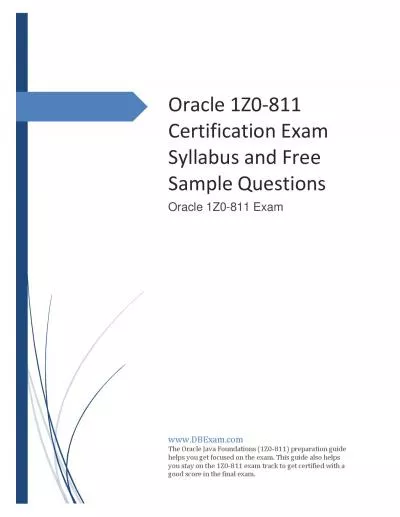PDF-Exploring the Foundations of Education Comprehensive Guidance
Author : Eliza04 | Published Date : 2024-04-19
Delve into the essential aspects of Foundations of Education to understand its significance in shaping learning environments and educational systems Learn about
Presentation Embed Code
Download Presentation
Download Presentation The PPT/PDF document "Exploring the Foundations of Education C..." is the property of its rightful owner. Permission is granted to download and print the materials on this website for personal, non-commercial use only, and to display it on your personal computer provided you do not modify the materials and that you retain all copyright notices contained in the materials. By downloading content from our website, you accept the terms of this agreement.
Exploring the Foundations of Education Comprehensive Guidance: Transcript
Download Rules Of Document
"Exploring the Foundations of Education Comprehensive Guidance"The content belongs to its owner. You may download and print it for personal use, without modification, and keep all copyright notices. By downloading, you agree to these terms.
Related Documents














